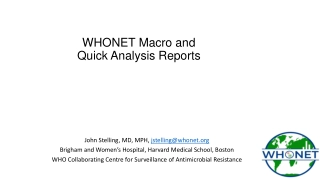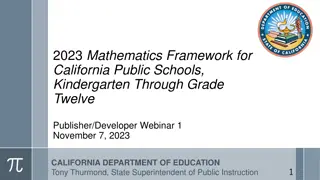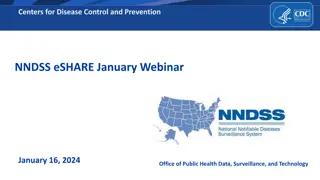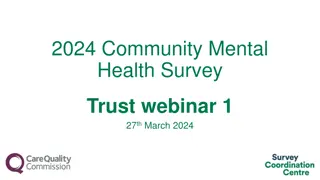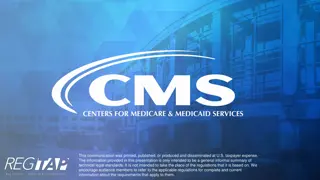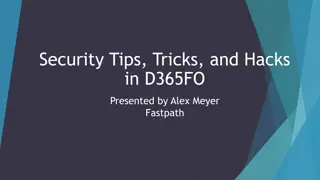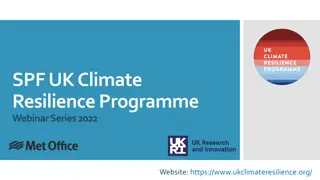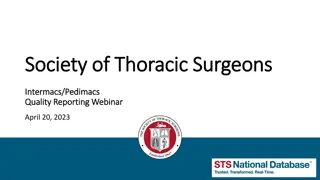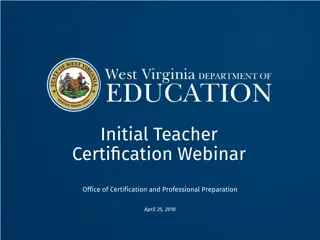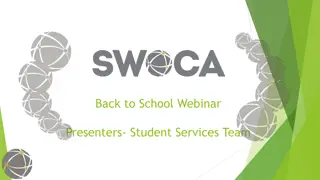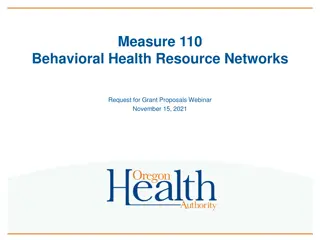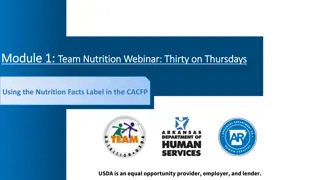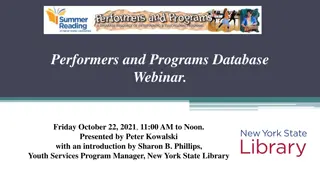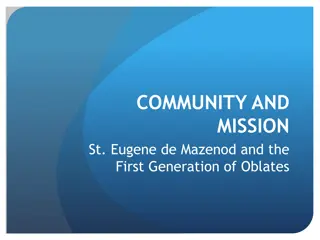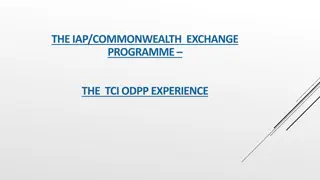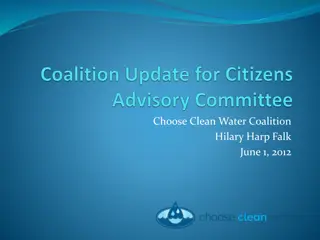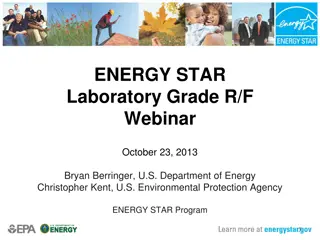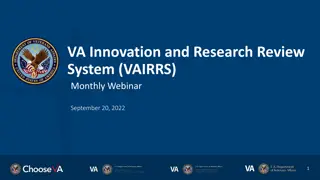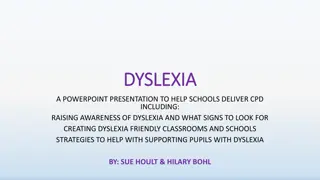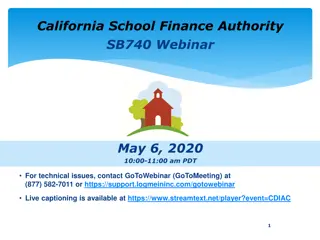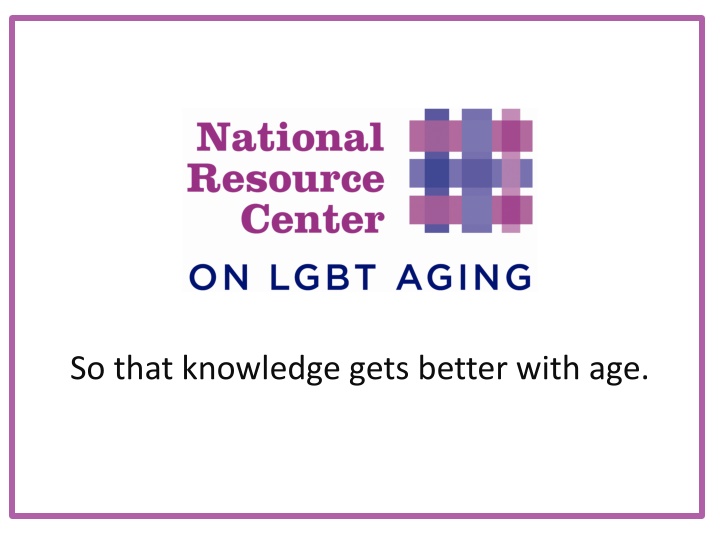
Challenges Faced by LGBT Older Adults in Successful Aging
LGBT older adults face unique challenges such as reliance on chosen families for care, effects of stigma, unequal treatment under laws, and lack of appropriate support. The Older Americans Act recognizes these needs and aims to provide tailored services to support older LGBT individuals for successful aging.
Download Presentation

Please find below an Image/Link to download the presentation.
The content on the website is provided AS IS for your information and personal use only. It may not be sold, licensed, or shared on other websites without obtaining consent from the author. If you encounter any issues during the download, it is possible that the publisher has removed the file from their server.
You are allowed to download the files provided on this website for personal or commercial use, subject to the condition that they are used lawfully. All files are the property of their respective owners.
The content on the website is provided AS IS for your information and personal use only. It may not be sold, licensed, or shared on other websites without obtaining consent from the author.
E N D
Presentation Transcript
LGBT Older Adults Face Unique Challenges to Successful Aging 2. Need to rely upon families of choice for care and support 1. Effects of stigma, past and present Twice as likely to be single, four times less likely to have children Rely on friends and partners who lack legal and 1.6 million LGBT elders; largely closeted A psychiatric disorder (until 1973) Criminal (until 2003) Fear accessing health and community services social 3. Unequal treatment under laws, programs and services for older adults recognition Design safety nets around marriage, then exclude LG couples Fail to address stigma and discrimination 2
AoAs solution The Older Americans Act directs the Aging Network to pay particular attention to serving populations with greatest social need. AoA has a history of funding national organizations to serve as technical assistance resource centers for specific minority populations including Hispanic Americans, African Americans, Asian Americans and Native Americans. With the encouragement of the Administration, AoA recognizes through this new resource center that older gay, lesbian, bisexual and transgender individuals have unique needs and preferences that must be addressed
Vision Statement Older lesbian, gay, bisexual and transgender individuals in the United States feel welcome and supported in their communities, urban and rural, by both aging network and LGBT organizations and have access to culturally appropriate supports and services to assist them in their efforts to live as independently as possible in the setting of their choice.
Who makes up the NRC? Training Partners: PHI, LGBT Aging Project, openhouse, GRIOT Circle (LGBT elders of African descent), FORGE /Transgender Aging Network Aging Portal Partners: American Society on Aging, National Council on Aging s National Institute of Senior Centers, National Association of Area Agencies of Aging (n4a) LGBT Portal Partner: CenterLink (national association for LGBT community centers) Evaluation Partner: Hunter College
WHAT DO WE DO? 1. Educate mainstream aging services organizations about the existence and special needs of LGBT elders 2. Sensitize LGBT organizations about the existence and special needs of older adults 3. Educate LGBT individuals about the importance of planning ahead for future long-term care needs
How do we do it? Resources Clearinghouse (lgbtagingcenter.org) Technical Assistance Center (email and phone) In-Person Trainings (Requests made online)
Being LGBT in an LTC Difficult to find quantitative data many are closeted or not being surveyed/asked Connecting to Resources Via Ombudsman (NRC technical assistance) Via direct telephone or website (many national groups, including NRC) Ombudsmen training
Reaching and Working with LGBT Consumers It may be threatening to be found Show signs of being open, safe and respectful use inclusive language (e.g. partner, instead of husband/wife) -- use forms that reflect inclusiveness -- confidentiality is key -- advocate in a safe way (know their rights & make sure rights are respected) --suggestions around programming/groups
Contact information Hilary Meyer 212-741-2247 hmeyer@sageusa.org

